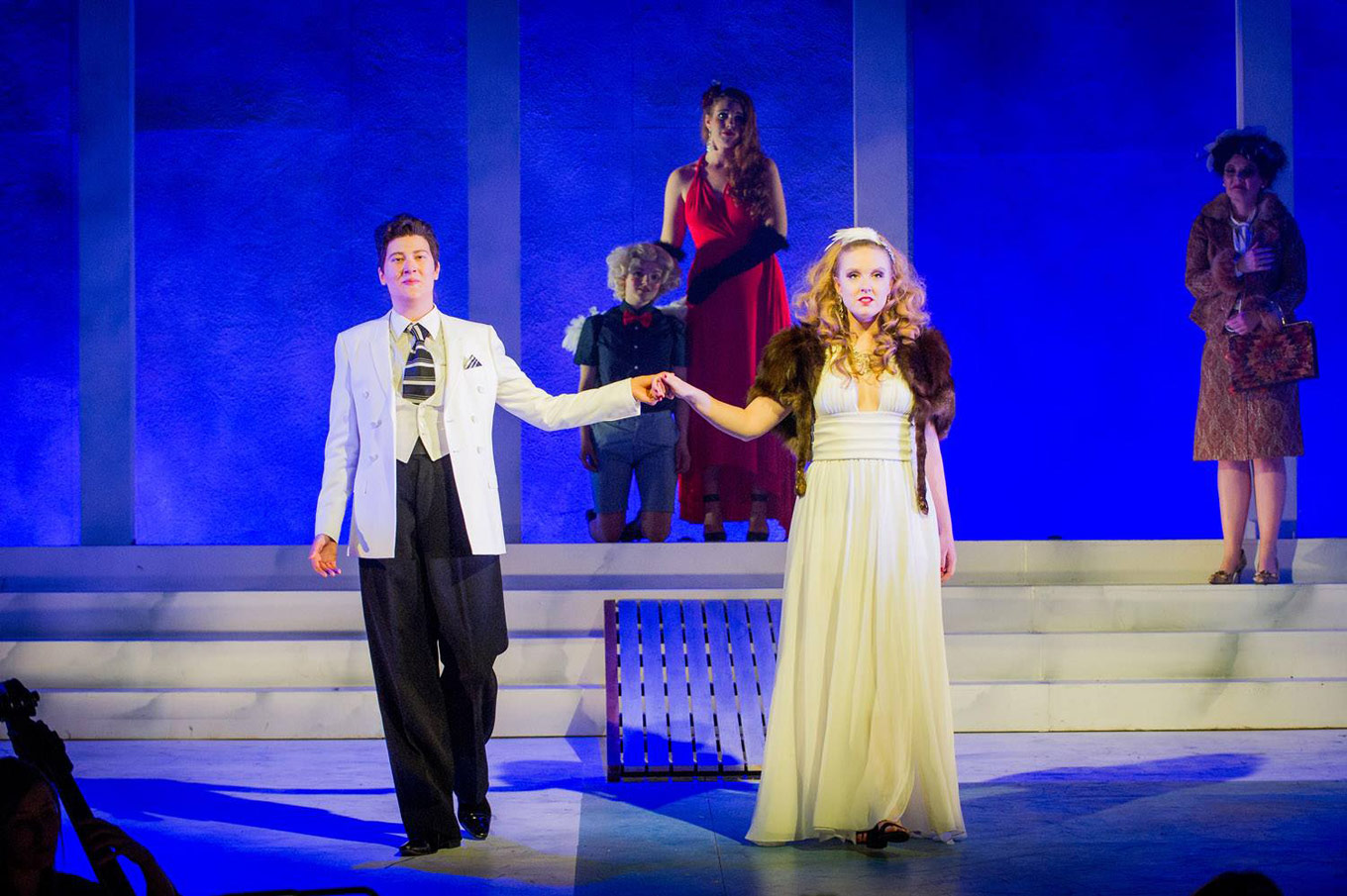
Royal Academy Opera's L'incoronazione di Poppea
ReviewThe Royal Academy Opera just finished its performances of Monteverdi’s L’incoronazione di Poppea this weekend, at Shoreditch Town Hall in London. It was a great reminder that, while Monteverdi’s music is by no means “entry level opera”, it’s a fantastic pick for young singers honing their operatic skills.
Distilled into a piece like Poppea are all the demands placed on opera singers, the skills necessary to make great work out of everything from Monteverdi to last week’s newest hit. Contemporary opera sounds much different than that of the early Baroque era, but there’s a conspicuous turn towards the immediate delivery and expression of text, something that Monteverdi’s music does in a very tangible way.
It means that the singers are charged with finding comfort in Italian, and the ability to parse and make sense of long sentences, the meanings of which are often obscured behind poetic metre and archaic syntax. These singers need to have excellent rhythm, so that they can change tempo on a dime with every new dramatic beat and change in text.
Most importantly, not a note can go by without meaning. Monteverdi is generous with hints; he’s a master of word-painting, illuminating words like “sorrow” and “fly” with musical gestures that are almost too obvious to miss. Something like Poppea almost echoes that bit by George Carlin on the blues: paraphrased, he says, “it’s not enough to know what notes to play, you have to know why they need to be played.” As obvious as a musical gesture sounds, the impetus of the singer almost needs to come from the same place as from Monteverdi’s himself when he wrote the music.

It’s a lot to ask of young singers, and it was a treat to hear the singers of the Royal Academy at work, under conductor Jane Glover, Head of the Royal Academy Opera. There were highlights among the cast, like Eve Daniell as Nerone, who sang with a pointed, authoritarian sound that matched the Emperor’s status, even when it seemed he was trying to convince himself of his own decisions. Emma Stannard was a rich, womanly Poppea, equal parts manipulative and truly lovable. Nika Gorič was a sassy Virtù, her agile sound creating tons of meaning in each word she sang. Laura Zigmantaite was spectacular as Valleto; she was hilariously angry, and charmingly pubescent with little Damigella. She took vocal risks that we loved. Patrick Terry showed a delicious countertenor sound as Ottone; the low role brought out the best of his smooth sound, full of liquid legato and tragedy.
It’s always exciting to catch young singers on the cusp of training and professional work. Poppea gave us a chance to hear their skills and strengths, and imagine these exciting voices in future roles. The cool thing is, Monteverdi will serve them for a long time; it’s no stepping-stone into opera’s “bigger” or “meatier”, it’s the real deal. Bravi, team!

Comments